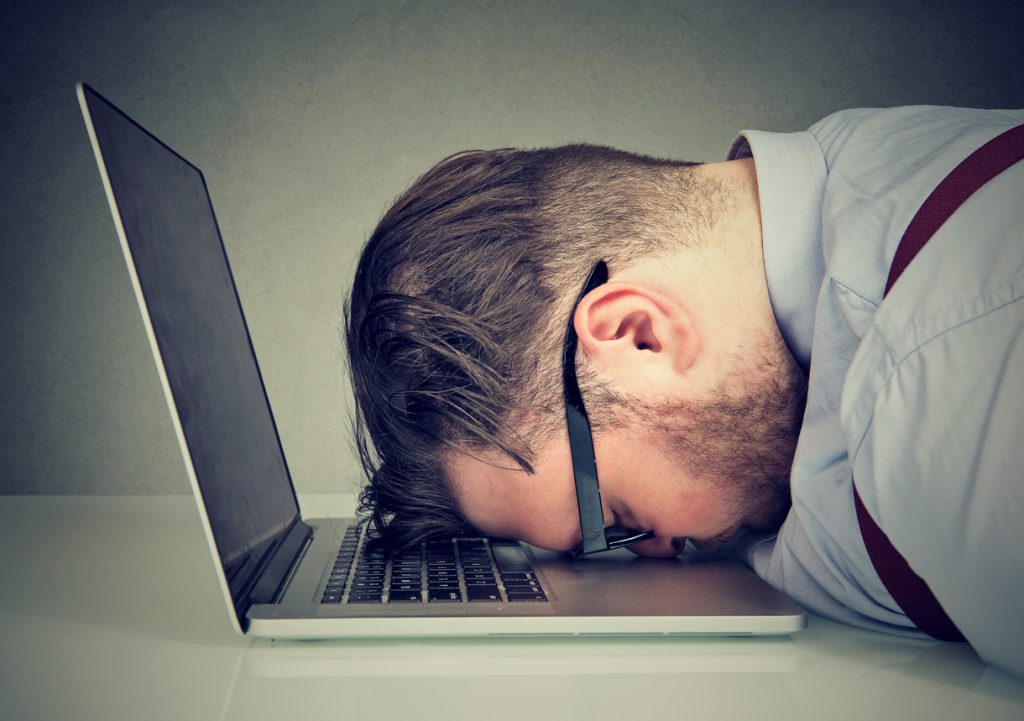Sometimes you’ve got to rip it up and start again…

I bought the iMac I’m typing this on a couple of years ago. As a long time Mac user who runs his IT until it literally stops working, I used the Mac migration assistant to move all my files and settings from my old MacBook – about the fourth time I have done this in the last 20 years. To my frustration, the iMac has always been slow to get started in the morning and often crashes at inappropriate moments. I started to get paranoid that it somehow knew the worst time to get itself tied in knots – leading to much desk thumping and muttered oaths.
Every so often I googled the problem and worked my way through the resultant listicles, trying this and that. Frustratingly, these actions often seemed to alleviate the problem for a day or two, before the Mac would relapse back into erratic behaviour. On Friday, I did what I should have done long ago. I backed up all my data on an external drive, erased the iMac’s hard disk completely, and installed a clean version of the OS. And, hallelujah, my computer now works as it should!
I suspect the problem has been some of my ancient preference lists, caches, utilities etc interfered with the newer operating system in unpredictable ways. A combination of Apple not rewriting the OS from scratch and me providing it with a smorgasbord of semi-compatible stuff for it to entangle itself in. My various attempted fixes continued the trend of bodging an old, decrepit system, probably causing as much harm as I did good. Once I bit the bullet and started from scratch, everything works.
You’ve probably guessed where I’m going on this. In the Sustainability world, we are attempting to transform a high-carbon society into a low carbon society. While some aspects of this are relatively straightforward, eg signing up to a clean energy tariff, other changes are often bodges. The controversial ‘low traffic neighbourhoods (LTNs)’ are simply an attempt to retrofit Victorian terraces to the design standards of a postwar housing estate (ie no through traffic), yet they are causing rows across the country. Part of this is because it is very difficult to retrofit those modern standards to a street layout designed for another era, leading to unintended consequences and less than ideal compromises that the antis can latch onto.
The ideal is to design sustainability in from scratch (eg in a new housing estate or commercial business park in our urban planning example). While this is often impractical, we still have to get our heads away from the old system and design the future we want to see. Our brains are programmed to see what already exists as the starting point, locking us into tweaks and bodges rather than biting the bullet and going for radical change.
One of the reasons I use backcasting with my clients is that it focusses on the ideal solution (“what would the business look like if we achieved our target of net zero by 2030?”), wrenching our attention away from ‘the tyranny of the present’. This gives us a clean mental hard drive to install a new, sustainable operating system on. Trust me, it works!
Image credit: https://www.istockphoto.com/portfolio/SIphotography?mediatype=photography

